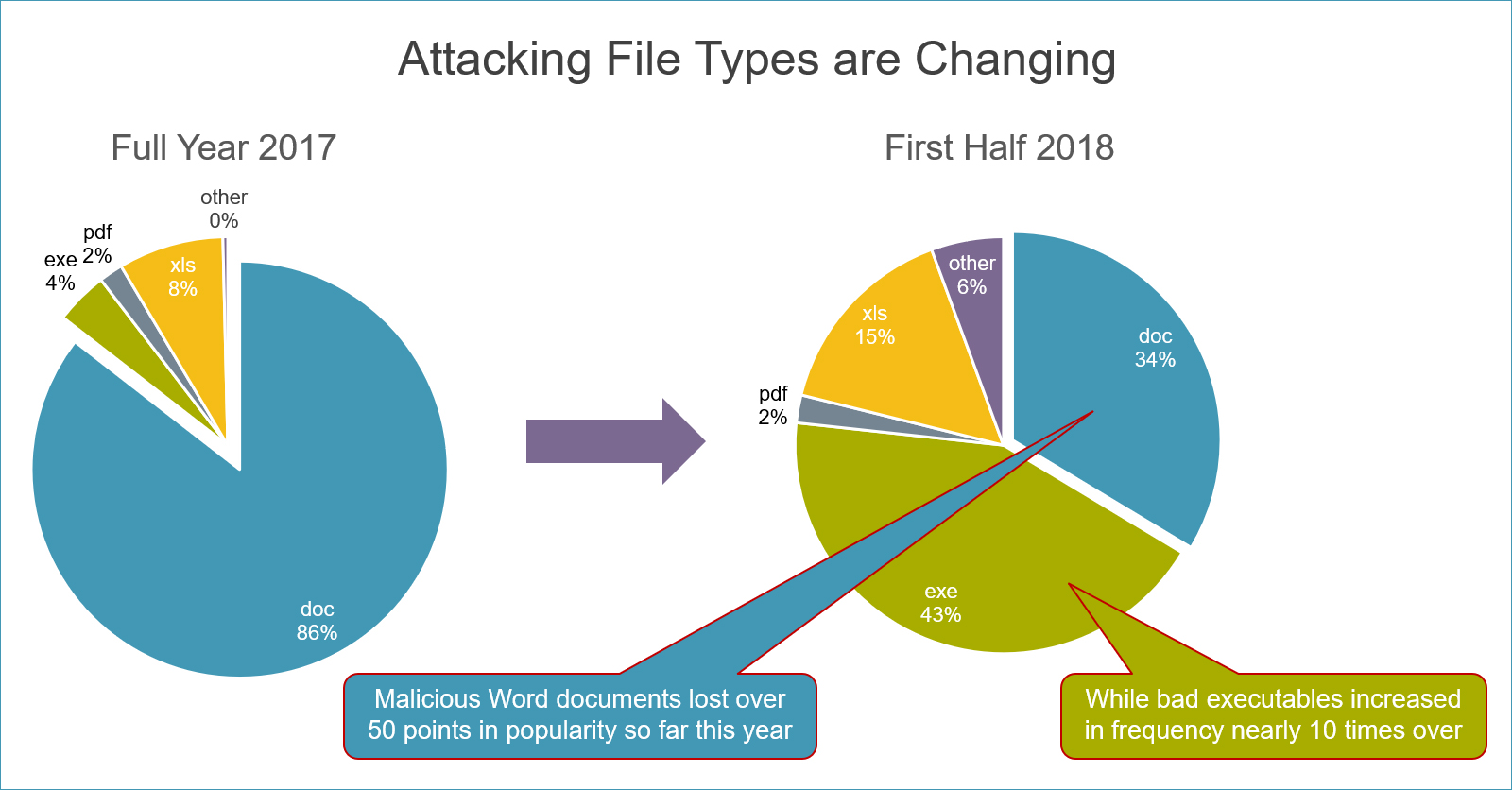A file-based attack is a type of cyber attack that uses malicious executable (.exe) or script files. These files can be downloaded from the internet or sent as a link in an email. Once they are executed on a user’s computer, malicious code is installed without the user’s knowledge and can cause harm such as data loss, system crash, malware infection, or identity theft. Examples of file-based attacks include macro viruses, malicious scripts, ransomware, and Trojans.
File-based attacks can be particularly dangerous because they rely on social engineering techniques to get users to open or launch the malicious file. Social engineering is the practice of manipulating people into performing actions or divulging confidential information. In the context of file-based attacks, this could involve someone claiming to be from an IT department and emailing a malicious file disguised as an update or a patch, or a link to a malicious website.
To protect against file-based attacks, organizations should ensure they have up-to-date anti-virus software and firewalls in place, as well as regularly update their operating systems and applications. Users should also be taught to be wary of unexpected emails or links, even if they appear to come from a trusted source. In addition, users should also be aware of the importance of backing up data regularly, as this will help minimize any data loss in the event of a file-based attack.





